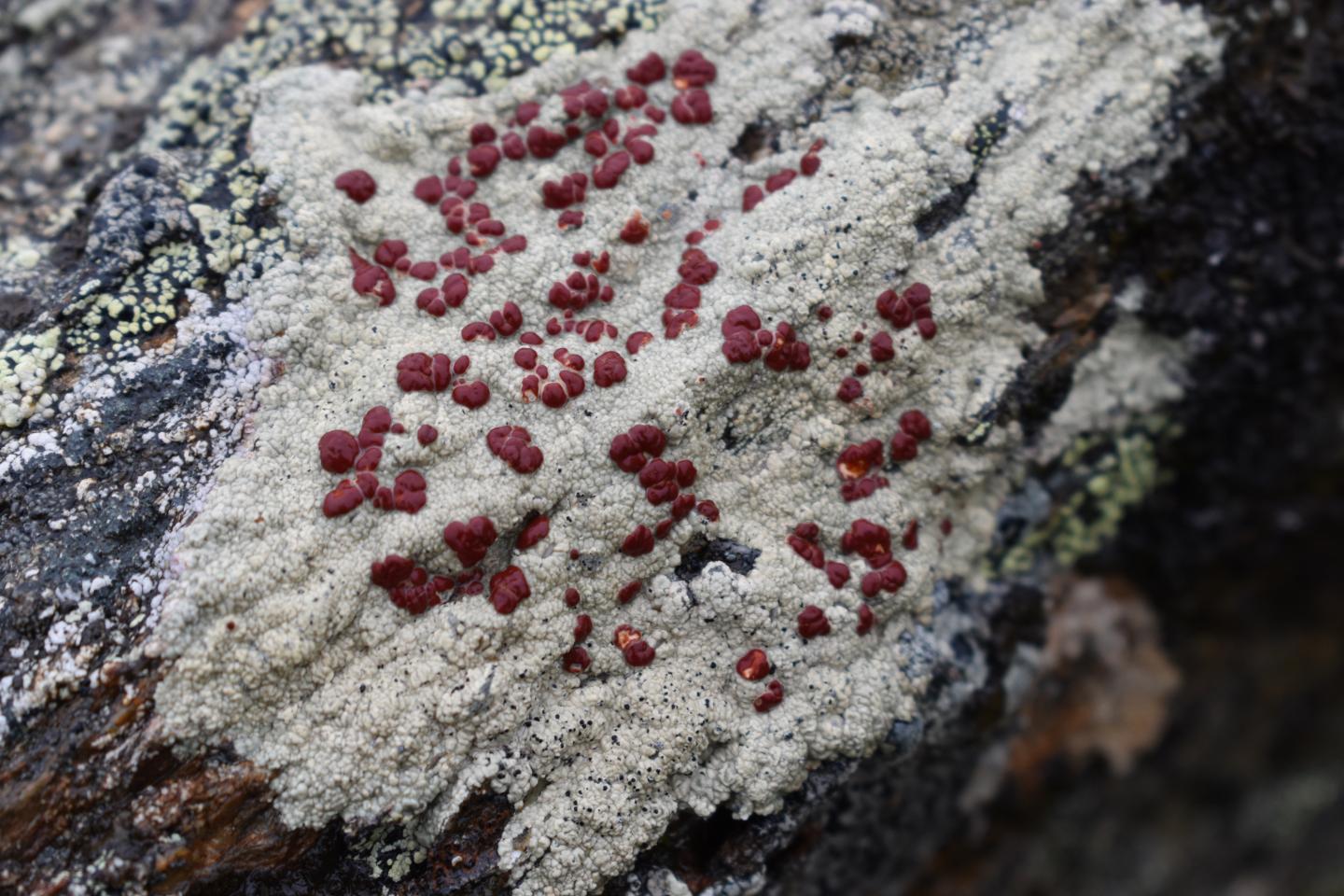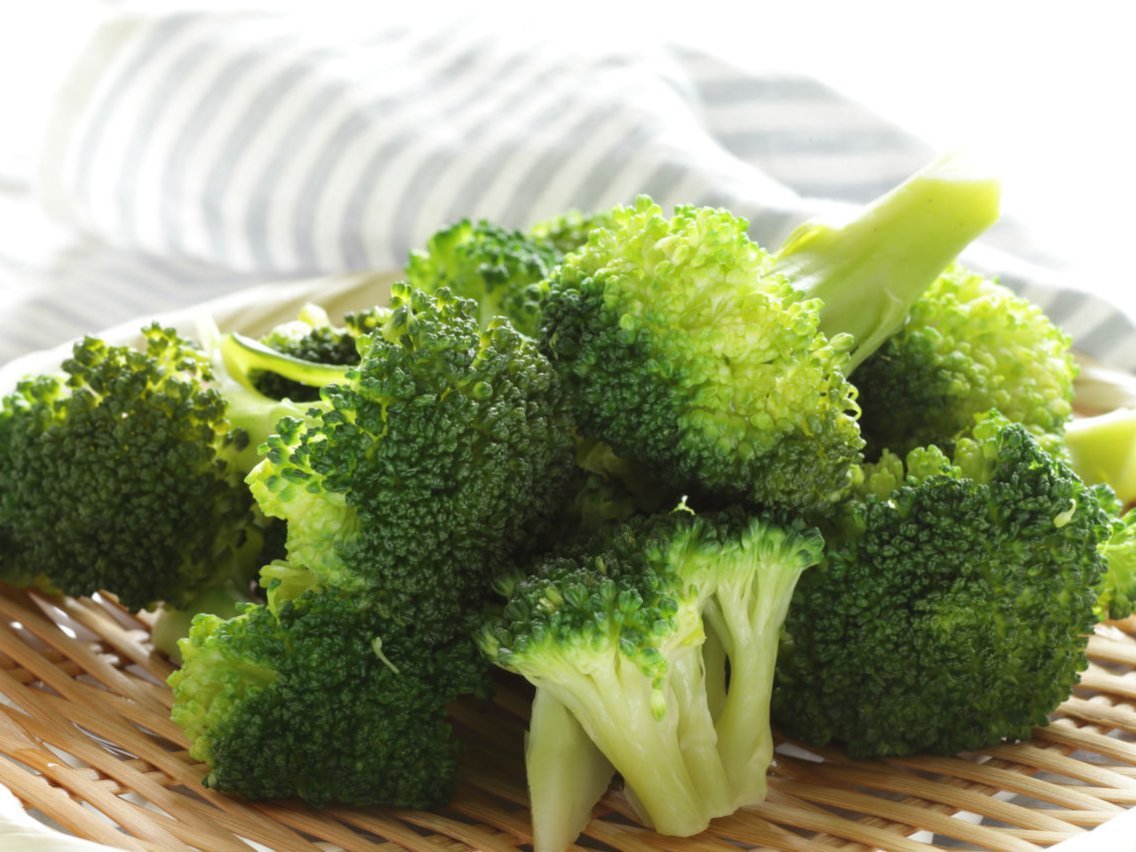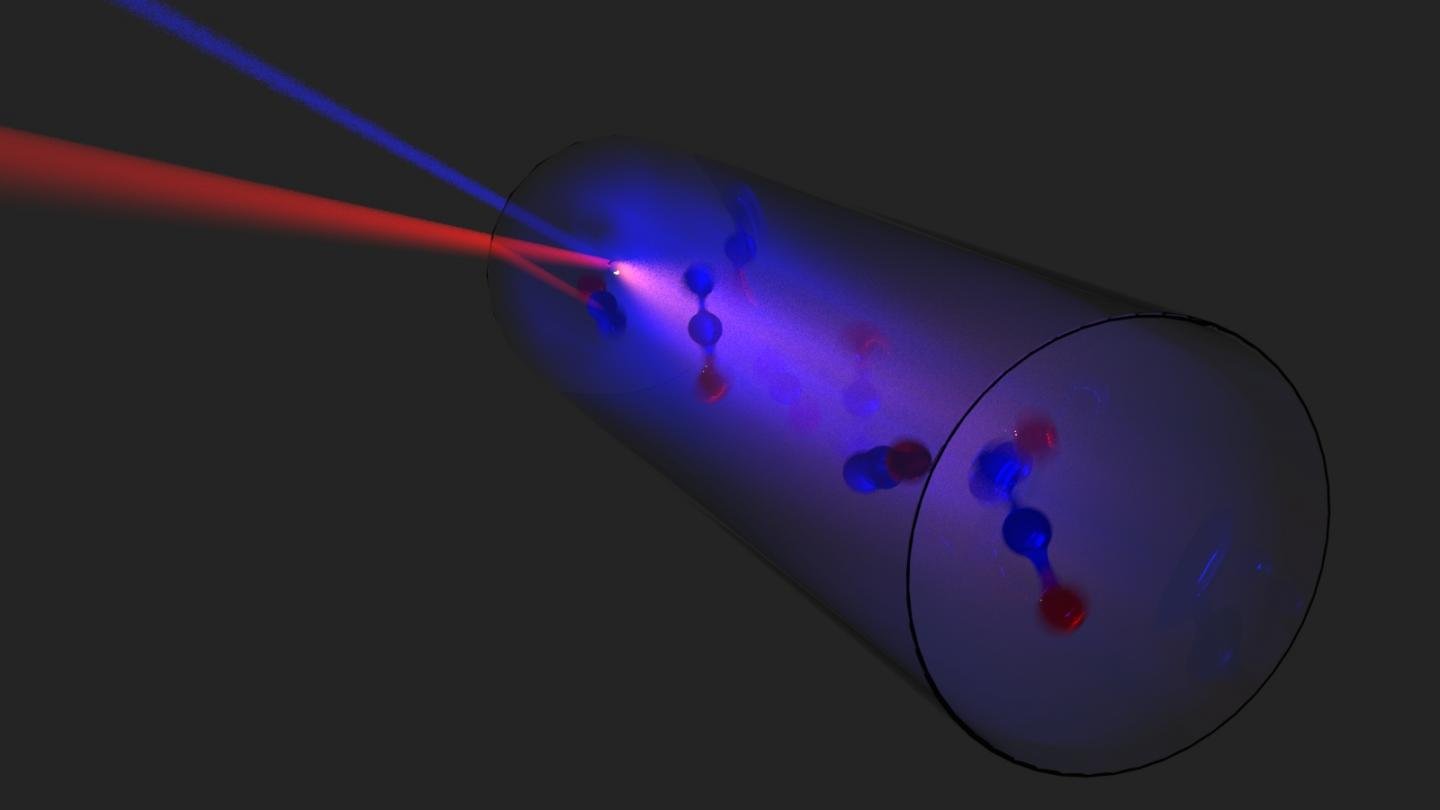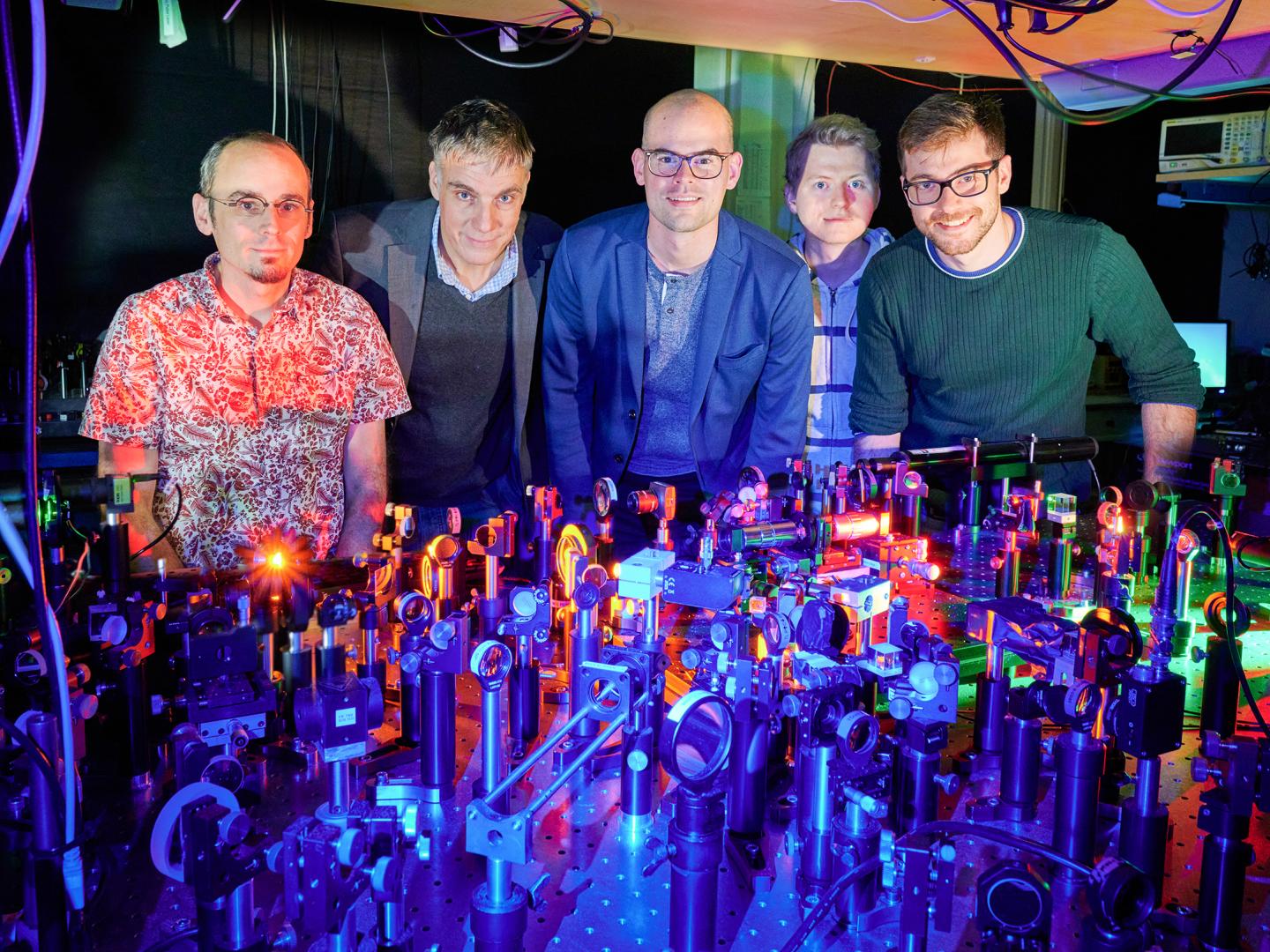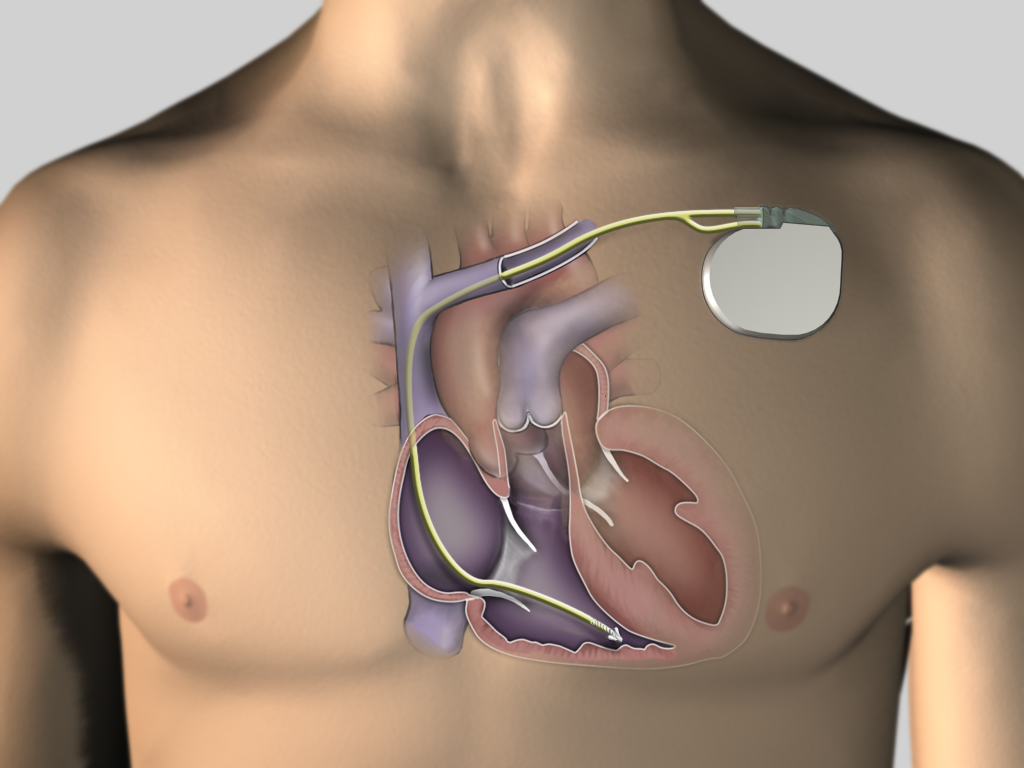Lichens are way younger than scientists thought
You’ve probably seen a lichen, even if you didn’t realize it. If you’ve ever meandered through the forest and wondered what the crusty stuff on trees or rocks was, they’re lichens, a combination of algae and fungi living together almost as if they were one organism. And since they can grow on bare rocks, scientists … Read more
